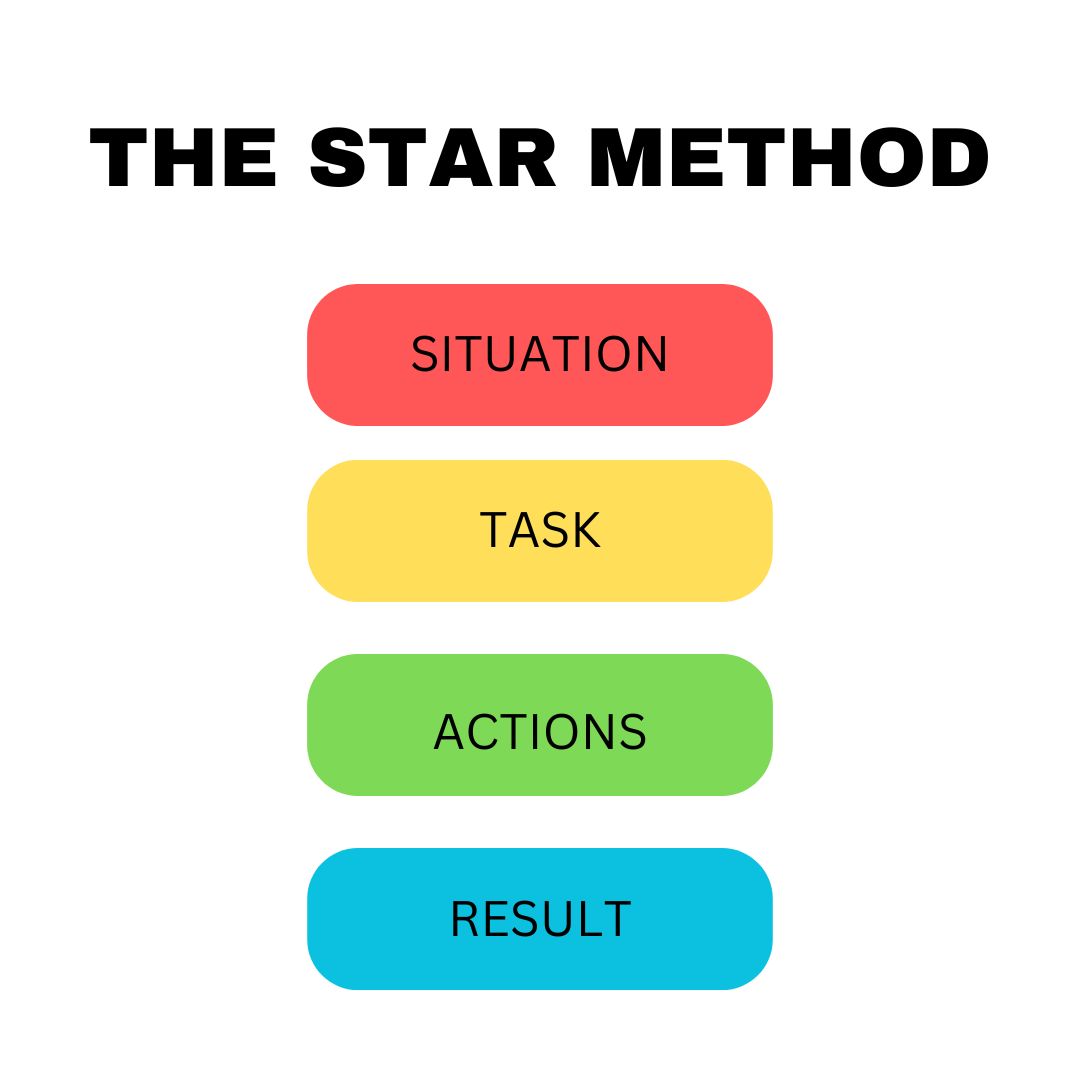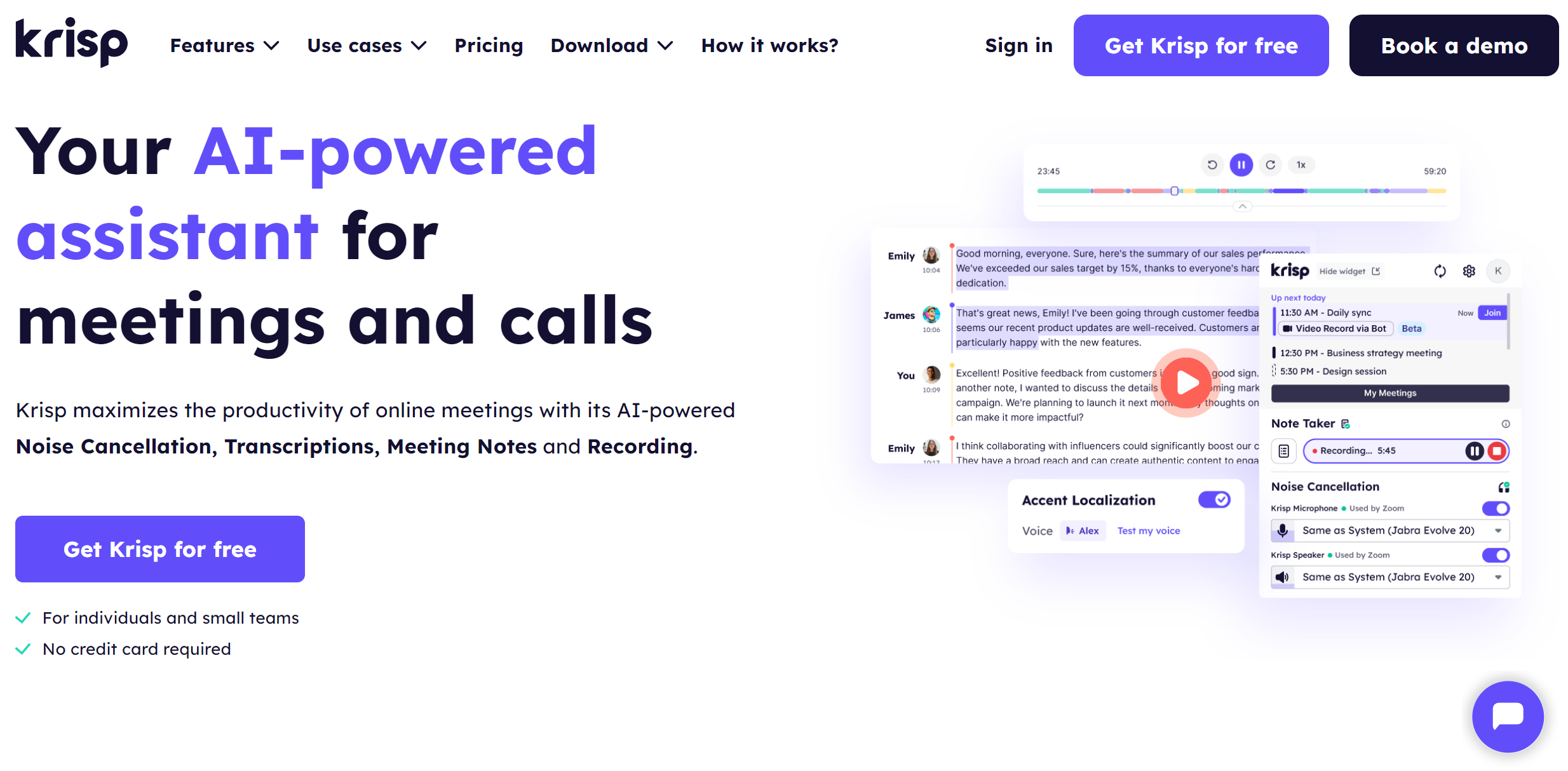In today’s competitive hiring landscape, the need for an effective and thorough recruitment process is more important than ever. The screening interview serves as a vital first step in identifying the best candidates who can meet the role’s requirements and seamlessly integrate into the company’s culture. By asking the right questions during this phase, recruiters and hiring managers can better assess a candidate’s skills, experience, and suitability for the position, ultimately leading to a more successful hiring decision.

Screening interviews are often the first chance to establish rapport and create a lasting impression on a candidate. While this may seem like a preliminary stage, it’s critical in determining whether the candidate should progress to the next stage of the hiring process. In this article, we’ll explore the best screening interview questions, how to ask them, and why they’re essential for identifying the most qualified candidates.
Why Screening Interviews Matter
Screening interviews are the foundation of a successful recruitment process. Without them, hiring managers risk investing time and resources into candidates who may not fit the role. The objective is to assess whether a candidate possesses the necessary skills, qualifications, and traits to thrive in the position.
Time and Cost Efficiency
One of the main benefits of screening interviews is their ability to save time. Instead of progressing unqualified candidates to later stages of the process, screenings allow for a quick evaluation to narrow down the talent pool. This saves the hiring team time, especially when sorting through dozens or hundreds of applications. It also ensures that only the best candidates reach more in-depth interviews, reducing the cost of recruiting and minimizing the chance of making a bad hire.
Cultural Fit and Compatibility
Screening interviews also allow assessing whether candidates align with the company’s culture. Hiring someone who doesn’t fit in with your organization’s values, communication style, and overall work culture can be disastrous in the long run. Recruiters can ensure a better cultural match by asking the right questions about their work habits, goals, and personal values.
Predicting Success
Effective screening interviews provide insight into how a candidate performs in the role and your organization. Beyond qualifications, the screening process can reveal a candidate’s potential for growth, their problem-solving abilities, and their communication skills. This helps hiring managers predict how well a candidate will contribute to the team’s success and, ultimately, the company’s objectives.
Key Areas to Focus on During Screening
A well-rounded screening interview focuses on several core areas that collectively determine whether a candidate is a good fit. These areas include skills and experience, cultural fit, communication ability, and problem-solving skills. Below is a breakdown of each area and its importance in the hiring process.
Skills & Experience
The first and foremost area of focus in any screening interview is whether the candidate has the required skills and experience for the role. Regardless of their personality or cultural fit, a candidate without the necessary technical or role-specific skills will not be successful in the position. During the screening interview, hiring managers should ask questions to assess the depth of a candidate’s experience and technical capabilities. For example, for a software development role, you might ask about familiarity with specific programming languages, tools, or frameworks.
Cultural Fit
A cultural fit is equally important as a candidate’s skills. Employees who thrive within a company’s culture tend to perform better and stay longer. During the screening process, recruiters should assess whether a candidate’s values, working style, and professional goals align with the company’s culture. This can be evaluated by asking about previous team experiences, how they’ve handled conflicts, or what their ideal working environment looks like.
Communication Skills
Effective communication is a key factor for success in any role. Whether interacting with colleagues, clients, or stakeholders, a candidate’s ability to express themselves clearly, listen attentively, and respond thoughtfully is crucial. Screening interviews are the perfect opportunity to assess these skills by asking questions that require candidates to explain their thoughts in detail. Open-ended questions that encourage candidates to share experiences or ideas provide insights into their communication style.
Problem-Solving & Critical Thinking
Problem-solving skills are indispensable for nearly every role. In a screening interview, candidates should be asked to describe challenges they’ve encountered and how they overcame them. This helps assess their analytical abilities, resourcefulness, and ability to handle adversity. Critical thinking can also be tested with situational or hypothetical questions, such as asking candidates how they would approach a specific problem that may arise in the role they are applying for.
Types of Screening Interview Questions
Now that we’ve established the key areas to focus on, let’s explore specific types of screening interview questions. The questions you ask can fall into several categories, each serving a distinct purpose in evaluating candidates.
Behavioral Questions
Behavioral questions are designed to assess how a candidate has handled situations in the past. The premise is that past behavior is the best predictor of future behavior. These questions help uncover the candidate’s problem-solving strategies, interpersonal skills, and ability to handle difficult situations. Examples include:
- “Tell me about a time when you had to overcome a challenge at work. How did you handle it?”
- “Describe a situation where you worked with a team member who was difficult to collaborate with. What did you do?”

Behavioral questions allow candidates to provide specific examples, which reveal how they approach challenges and how they’ve succeeded or learned from their experiences.
Technical Questions (Role-Specific)
For many roles, technical expertise is a key part of the hiring process. During screening interviews, hiring managers should ask questions that assess the candidate’s knowledge of the specific tools, technologies, or processes used in the role. Examples of technical questions include:
- “What experience do you have with [specific software or technology]?”
- “How would you approach a situation where you need to solve a technical problem on a tight deadline?”
These questions help assess whether the candidate possesses the required knowledge and technical skills to perform the job.
Situational Questions
Situational questions present hypothetical scenarios to gauge how a candidate would react to challenges they may face in the role. These questions test a candidate’s critical thinking, problem-solving, and decision-making abilities. Examples include:
- “How would you handle a situation where you miss a project deadline?”
- “If you were asked to take on a task outside your usual responsibilities, how would you approach it?”
Situational questions help interviewers understand how a candidate would behave in real-world situations.
Cultural Fit Questions
Questions designed to assess cultural fit are crucial for determining how well a candidate will integrate into your team. These questions should focus on values, work ethic, and preferred working styles. Examples include:
- “What type of work environment do you thrive in?”
- “How do you handle stress or pressure?”
- “What motivates you to do your best work?”
By asking about the candidate’s preferences and values, you can gain insight into whether they will mesh well with your company’s culture.
Tips for Structuring Your Screening Interview:
A structured screening interview ensures that all candidates are evaluated consistently and fairly. Here are some tips for structuring your screening interviews to maximize effectiveness:
Prepare Questions in Advance
Having a set list of questions prepared before the interview helps ensure that you cover all necessary areas and keep the interview on track. Standardizing questions allows for a fair comparison between candidates. Additionally, preparing allows you to focus on building rapport and understanding the candidate’s responses, rather than worrying about what to ask next.
Allow Time for Candidate Questions
Great candidates often have insightful questions about the role and the company. Allowing them time to ask questions not only gives you a better sense of their interest in the position but also provides an opportunity to gauge whether they’ve done their research. Candidate questions can also give insights into what they value in a job or employer.
Use Open-Ended Questions
Open-ended questions encourage candidates to elaborate on their experiences and thoughts, offering a deeper understanding of their qualifications and potential. Rather than asking questions that can be answered with a simple “yes” or “no,” opt for questions like, “Can you describe a time when you worked on a challenging project and how you handled it?”
Listen Actively
The screening interview is not just about asking the right questions—it’s also about listening. Pay attention to both the verbal and non-verbal cues. Body language, tone of voice, and facial expressions can reveal much about a candidate’s confidence, enthusiasm, and honesty. Listening actively helps you assess the candidate’s communication style and engagement level.
Red Flags to Watch Out For
During screening interviews, certain red flags may indicate potential issues with a candidate. These red flags can help you make informed decisions about whether to move forward with a candidate or not.
Inconsistent Work History
A candidate with a sporadic or inconsistent work history may raise concerns. While people change jobs for various reasons, frequent job-hopping or unexplained gaps in employment can signal instability or lack of commitment. Be sure to ask the candidate to explain any gaps and assess whether the reasons are understandable and legitimate.
Vague Answers
Candidates who provide vague answers or fail to offer specific examples when asked behavioral questions may struggle to truly represent their abilities. Specific examples help interviewers understand the candidate’s experiences and problem-solving approaches. If the candidate avoids giving examples, it could be a sign that they lack the necessary skills or knowledge.
The Role of Technology in Screening Interviews
Modern recruitment tools have transformed the way screening interviews are conducted. Video interviewing platforms, for instance, allow hiring managers to evaluate candidates remotely, making the process more efficient and accessible. These platforms often include features like automated interview scheduling and AI-powered analysis of candidate responses, helping recruiters identify top talent quickly.
Applicant tracking systems (ATS) also play a significant role by integrating with screening tools to streamline candidate evaluation. Such technology ensures that the interview process remains organized and that feedback is collected systematically, improving decision-making and reducing bias.
Using Krisp for Seamless Interviews
In addition to ATS and video platforms, tools like Krisp have emerged as game-changers in the recruitment process. Krisp is an AI-powered noise cancellation app that eliminates background noise during video calls, ensuring crystal-clear communication between interviewers and candidates. This is particularly valuable in remote interviews, where external noise from either party’s environment can disrupt the flow of conversation and hinder effective evaluation.

Using Krisp enables recruiters to focus solely on the candidate’s responses without distractions, creating a more professional and conducive interview environment. The tool also helps candidates present themselves better, boosting their confidence and engagement during the interview. This is especially critical in the first stages of recruitment, where a positive impression can set the tone for the rest of the hiring process.
Moreover, Krisp’s ability to seamlessly integrate with popular communication platforms like Zoom, Microsoft Teams, and Google Meet ensures that hiring teams can maintain their existing workflows while enhancing the quality of their interactions. Whether conducting interviews from busy offices or remote locations, Krisp ensures that audio clarity remains uncompromised, allowing both parties to communicate effectively.
By incorporating tools like Krisp into the screening process, recruiters can elevate the quality of their interviews, making them more productive and enjoyable for both interviewers and candidates. Technology like this not only simplifies logistical challenges but also contributes to more accurate candidate evaluations by facilitating clear, uninterrupted communication.
Benefits of Krisp for Recruiters and Candidates
For Recruiters
- Improved Candidate Assessment: Clear communication helps recruiters better evaluate a candidate’s verbal skills, thought process, and overall presentation.
- Professional Experience: A distraction-free interview projects professionalism and reflects positively on the company’s recruitment process.
- Reduced Fatigue: Clearer audio reduces the mental strain associated with straining to hear or interpret unclear responses.
For Candidates
- Confidence Boost: Knowing their voice will be heard clearly helps candidates focus on showcasing their qualifications and expertise.
- Equal Opportunities: Candidates from diverse backgrounds or less controlled environments are not penalized due to noise-related issues.
Conclusion
Screening interviews are a vital step in identifying the best candidates for a role, enabling recruiters to evaluate skills, cultural fit, and professional experience efficiently. Crafting thoughtful, targeted questions can significantly enhance the screening process, allowing hiring managers to pinpoint top talent quickly. With the aid of modern recruitment technology, such as noise-canceling tools like Krisp and AI-powered analysis, the process becomes even more seamless.
These advancements not only streamline the experience but also ensure a fair and professional interview environment. Organizations can build a robust and effective hiring pipeline by combining well-designed questions with the right tools.
FAQs


